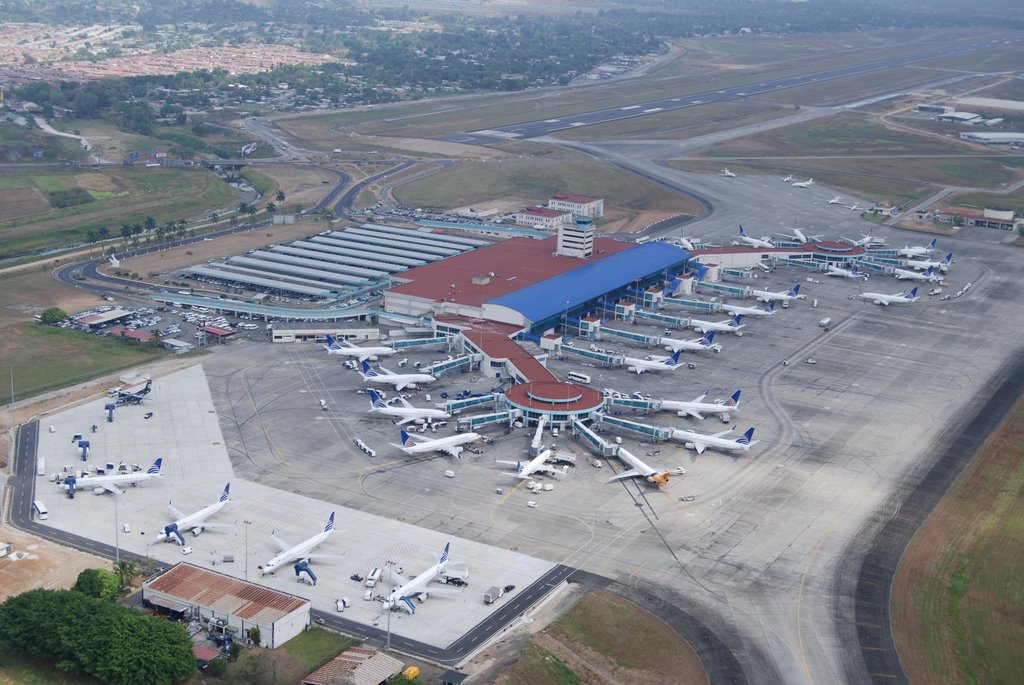The Latin America-Caribbean region experienced an economic recovery in 2017 after several years of weak performance. While passenger traffic growth rates showed resilience during this time – with results over 5% every year from 2010 – they moderated in 2016. Since then, there has been a return to strong growth with a year-over-year passenger traffic growth for the region of +4% in 2017.
To keep pace with the continued growth in passenger traffic growth in an increasingly commercial and competitive business environment, Airports Council International (ACI) World and ACI Latin America-Caribbean asserts that airports must be able to collect sufficient revenues to finance investments in infrastructure and operations while also maintaining high levels of service for passengers.
The Latin America-Caribbean region experienced an economic recovery in 2017 after several years of weak performance. While passenger traffic growth rates showed resilience during this time – with results over 5% every year from 2010 – they moderated in 2016. Since then, there has been a return to strong growth with a year-over-year passenger traffic growth for the region of +4% in 2017.
To keep pace with the continued growth in passenger traffic growth in an increasingly commercial and competitive business environment, Airports Council International (ACI) World and ACI Latin America-Caribbean asserts that airports must be able to collect sufficient revenues to finance investments in infrastructure and operations while also maintaining high levels of service for passengers.
“Aviation is a vital industry in the Latin America-Caribbean region, supporting 7.2 million jobs and providing $156 billion in economic value,” said Angela Gittens, Director General, ACI World. “Global demand for air services is growing and, the aviation industry must come together to respond to these challenges and help to ensure communities continue to reap the social and economic benefits of air service growth.
“Policy at a national and global level should be focused on facilitating sustainable growth over the long term so airports have the flexibility and consistency in regulatory frameworks to better serve their communities, invest in infrastructure and service improvement, and meet future demand. In many cases around the world, including in the Latin American-Caribbean region, private investment in airports has been successful in providing new or improved infrastructure, better facilities, and a positive influence on passenger experience.”
Martin Eurnekian, CEO of Corporación América Airports, President of Aeropuertos Argentina 2000 – and ACI Latin America-Caribbean President – said that airports must prepare to meet the challenges of passenger traffic growth which is making a solid revival in the region following an economic downturn in the larger economies in Latin America…



